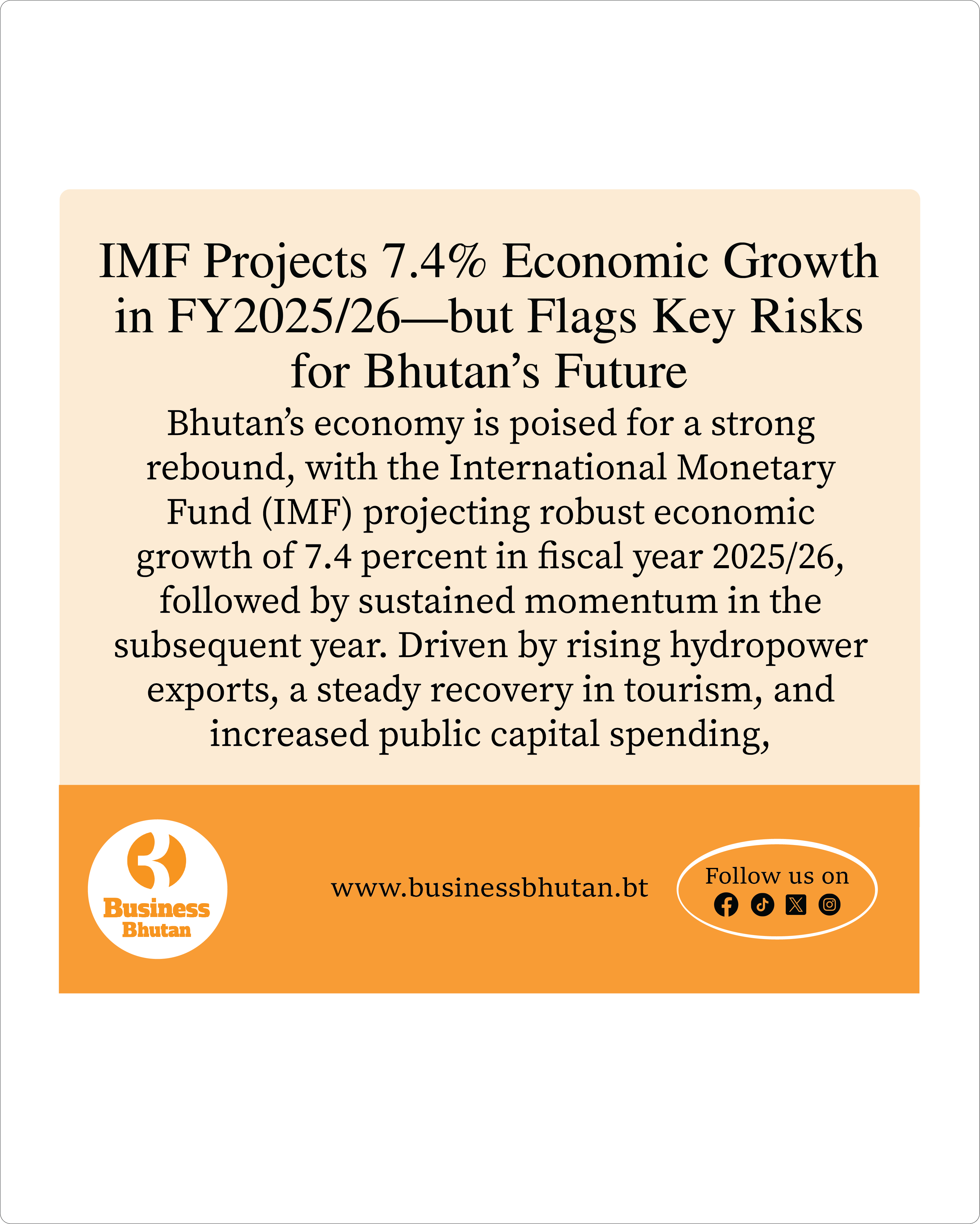Loan moratorium on building/housing will be lifted by July 1, 2024
The recent announcement on May 18 regarding the lifting of the loan moratorium has been met with enthusiasm, particularly among real estate companies. This change is expected to significantly boost the real estate market.
General Manager (GM) of a prominent real estate company in the capital shared that their business had previously suffered a 50% downturn. However, with the lifting of the moratorium, they anticipate an 80% to 90% increase in business activity.
“The lifting of the loan moratorium is great news as it will enable our clients to seek financial support from banks,” the GM said. “Clients can now avail housing and construction loans soon.”
Another proprietor from a real estate company noted that while the lifting of the moratorium presents both challenges and opportunities, effective financial management, strategic planning, and clear communication with stakeholders can help maintain long-term stability and growth.
The proprietor also mentioned that over the past two years, there were more sellers than buyers, making it difficult for businesses to sustain. However, with the end of the moratorium, they expect to secure financing on more favorable terms.
“Currently, more than 60% of my clients are from abroad. Most of them can only purchase land, and essential construction loans are crucial for building homes,” an operations manager explained. “This change will not only benefit our estate business but also satisfy our clients, who will now be able to access housing and construction loans.”
Additionally, the real estate sector is expected to attract new business opportunities and partnerships, boosting credibility and growth.
As part of the Economic Stimulus Program, the PM announced that the ongoing moratorium on new housing construction loans will be lifted by July 1, 2024. Similarly, the moratorium on vehicle imports will be lifted by August 18, 2024. “I would like to thank Dasho Governor and the Royal Monetary Authority (RMA) for their support and cooperation,” the PM said.
While the lifting of the moratorium is expected to provide significant economic boost to the real estate sector, questions are also asked about the rise in import and fiscal deficit. Bhutan witnessed a huge surge in the import of construction materials during the first quarter of 2023, as reported by the Department of Revenue and Customs (DRC). The nation’s import bill for construction materials skyrocketed to an astounding Nu 21.26 billion (bn) in this period, indicating a significant increase of approximately 43.6% compared to the same quarter in the previous year. In contrast, during the corresponding period in 2022, Bhutan had imported construction materials worth Nu 14.8 bn.
Data in 2023 also reveals that Bhutan’s construction material imports from India witnessed a significant increase, with over 75% of the materials being imported from its neighboring country. In comparison to the same period the previous year, the import of construction materials from India saw a substantial rise of 81%.
Meanwhile, imports of construction materials from countries other than India decreased by 16% in the first quarter of 2023, compared to the same period the previous year. During the first quarter of 2023, construction materials worth Nu 4.7 bn were imported from countries other than India, while the figure for the same period last year was Nu 5.6 bn.
The range of construction materials imported by Bhutan includes mineral products, products of the chemical or allied industries, wood and articles of wood, textiles and textile articles, articles of stone, plaster, cement, asbestos, mica, or similar materials, ceramic products, glass and glassware, base metals and articles of base metal, machinery and mechanical appliances, electrical equipment, parts thereof, sound recorders and reproducers, television image and sound recorders and reproducers, and parts and accessories of such articles.
A breakdown of the construction material imports during the first quarter of 2023 reveals that Bhutan imported mineral products worth Nu 5.68 bn, products of chemical or allied industries worth Nu 1.84 bn, wood and articles of wood worth Nu 1.17 bn, textiles worth Nu 643 million (0.6 bn), stone, plaster, and cement worth Nu 766 mn (0.6 bn), base metals worth Nu 3.10 bn, and machinery worth Nu 6.72 bn.
By Sherab Dorji, Thimphu
















